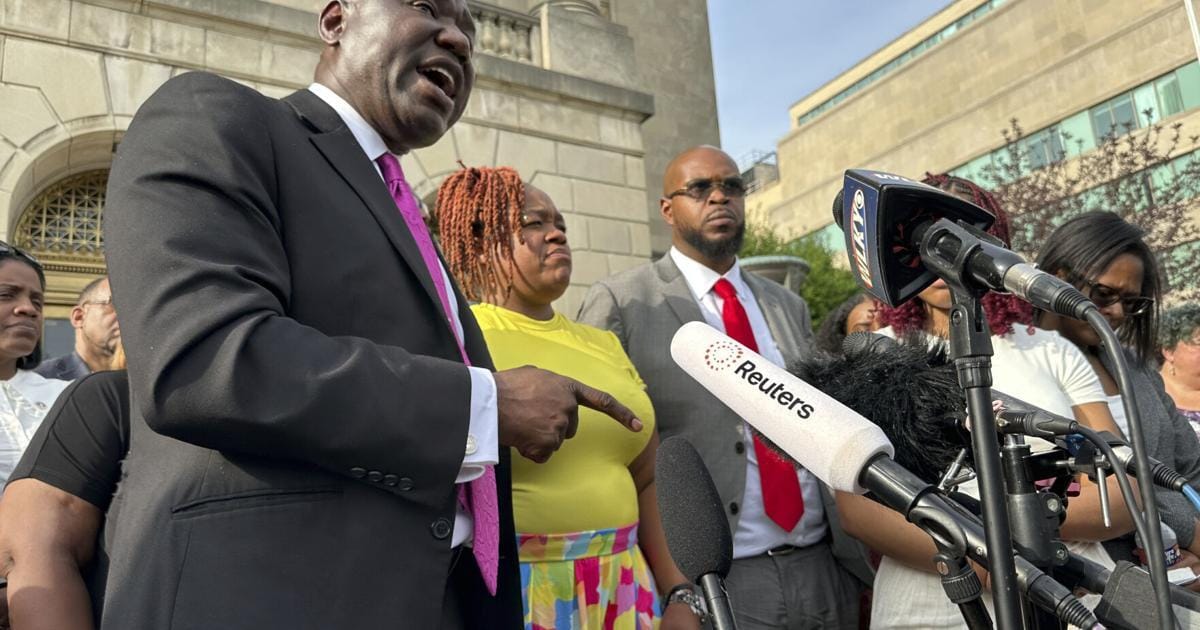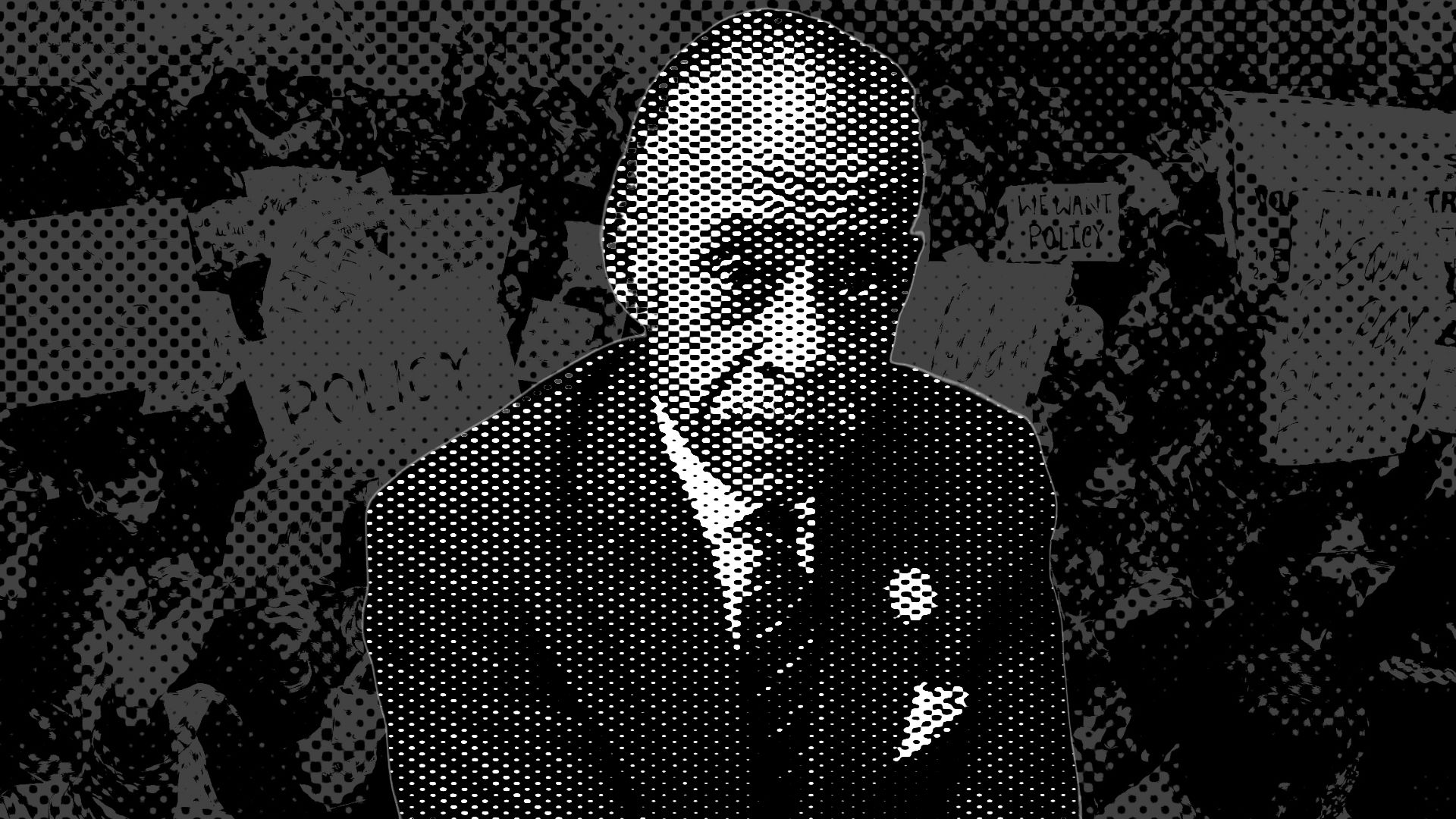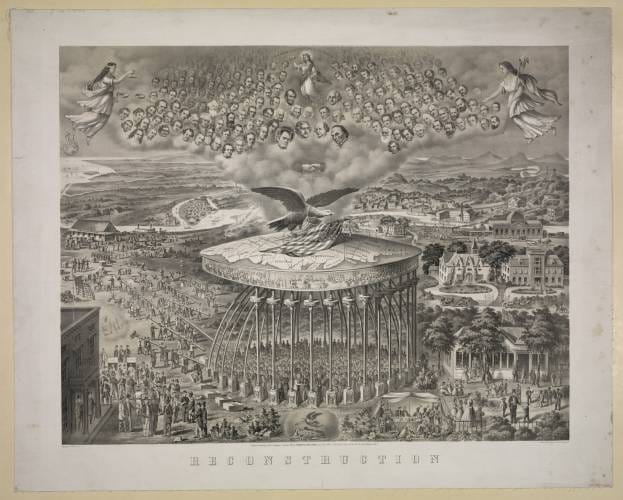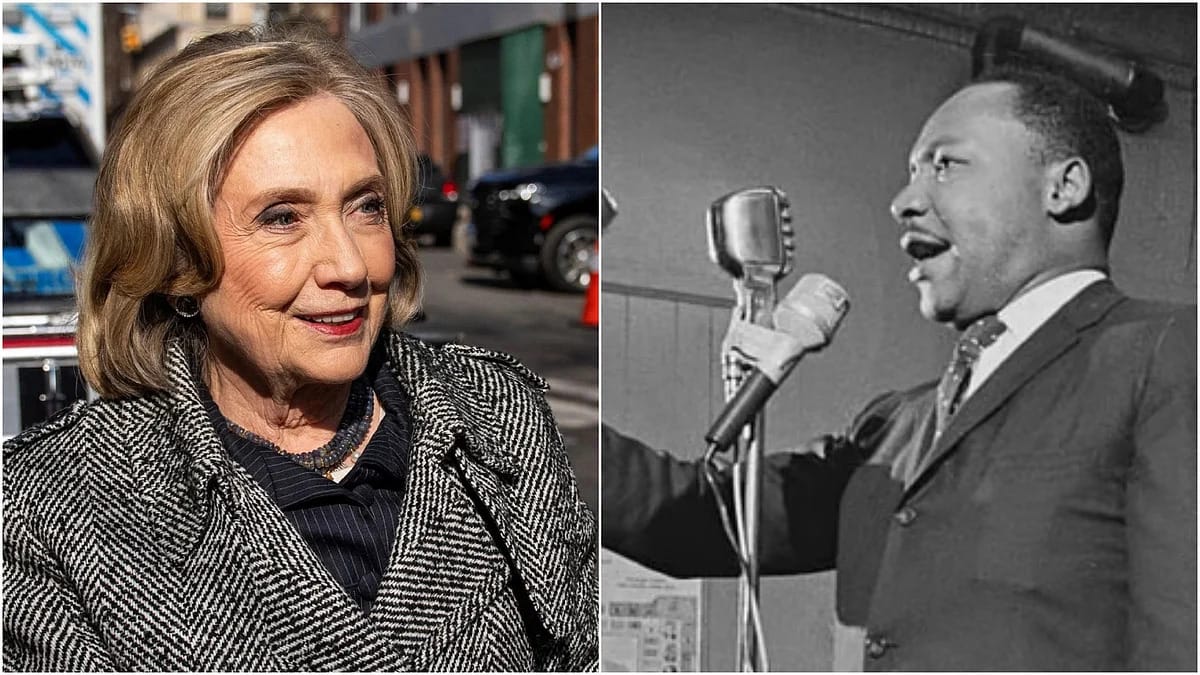- BlackVoter.Org
- Posts
- BlackVoter.Org
BlackVoter.Org


In "Summer of Our Discontent," Thomas Chatterton Williams delivers a biting critique of identity politics, positioning himself as a defender of liberalism against both the erratic right and its fervent leftist critics. Though he champions individual agency and a focus on class over race, Williams’s views appear muddled as he critiques collective action, claiming it fosters division.
He challenges the narratives of movements like Black Lives Matter, suggesting that their messaging often obscures deeper societal issues. While Williams argues for a post-racial America, his dismissal of social protest and solidarity raises questions about his insights.
Instead of offering a clear path forward, he settles into a cycle of criticism without constructive solutions, leaving readers grappling with his contradictory perspectives. Ultimately, his work critiques what he sees as a triumph of performative activism over significant change, but it simultaneously reveals his isolation in a discourse that demands more than mere optimism.

In a significant ruling, a federal judge has sentenced former Louisville police officer Brett Hankison to nearly three years in prison for using excessive force during the 2020 raid that led to Breonna Taylor's tragic death. This sentencing comes despite a controversial recommendation from the U.
S. Department of Justice, which urged no prison time for Hankison.
He is the only officer charged in connection with the case, making this a landmark moment in the ongoing fight against police brutality. The case has been a catalyst for nationwide protests and calls for justice, and the judge's decision marks an important step towards accountability within law enforcement.
As Taylor's family and supporters gather outside the courthouse, they express a mix of relief and determination, reminding everyone that the fight for justice continues.

In a heartfelt message on the webpage, the team at "I’ll Make Me a World in Iowa" shares their profound sadness over the recent loss of a beloved community member. This poignant tribute reflects on the individual's remarkable contributions to the local arts scene and the indelible impact they had on many lives.
The message emphasizes the importance of celebrating their legacy while fostering creativity and connection within the community. As the organization continues its mission to promote diverse voices and cultural empowerment, they encourage everyone to come together in remembrance and support of one another.
This touching recognition serves as a reminder of the strength found in unity and the enduring power of art to heal and inspire.

In an eye-opening conversation, Rev. Al Sharpton addresses the urgent civil rights challenges facing marginalized communities in today's political climate.
He asserts that mere hope won't suffice in combating the pervasive “gangster power politics” of Trump’s America. Sharpton highlights the rollback of critical rights and the rise of white supremacy disguised as policy, warning that inaction brings dire consequences.
With stark statistics revealing a lack of faith in equality from both White and Black Americans, he calls for vigorous community action: “Organize. Boycott.
Mobilize.” He emphasizes the need for local leadership and urges younger generations to form committees and take charge.
As Trump’s administration perpetuates systemic inequalities, Sharpton insists that the fight for justice is essential. This call to arms reframes despair as a catalyst for action—urging all of us to resist complacency and stand firm in the struggle for rights and dignity.

In a thought-provoking opinion piece, Jonathan P. Baird draws parallels between the current political climate under the second Trump presidency and the post-Reconstruction era in American history.
He argues that both periods share a troubling denial of racism, where white supremacists sought to reclaim power following times of advancement for people of color. Baird refers to today's situation as the "New Redemption," echoing the historical efforts of the "Redeemers" to suppress Black political rights and education.
He highlights how judicial decisions have perpetuated structural inequalities and argues that today’s MAGA agenda employs new strategies for voter suppression and racial division, cloaked as anti-politics. Despite these challenges, Baird calls for a collective stand against racism, emphasizing the responsibility of all anti-racists to challenge this pervasive narrative and ensure that history does not repeat itself.

In a striking move, the Trump administration has declassified two major sets of documents: a staggering 240,000 pages related to Martin Luther King Jr.'s assassination and 35 pages concerning Hillary Clinton's controversial use of a private email server.
These files delve into the investigations surrounding King's untimely death, revealing leads and witness interviews that capture the era's tumultuous spirit. Meanwhile, Clinton's documents shed light on the alleged mishandling of classified information during her tenure as Secretary of State, calling into question the FBI's efforts in investigating her actions.
This release has sparked renewed discussions about civil rights history and the political implications of email scrutiny, intertwining two significant figures in American history—King's legacy of justice and Clinton's ongoing influence in contemporary politics.